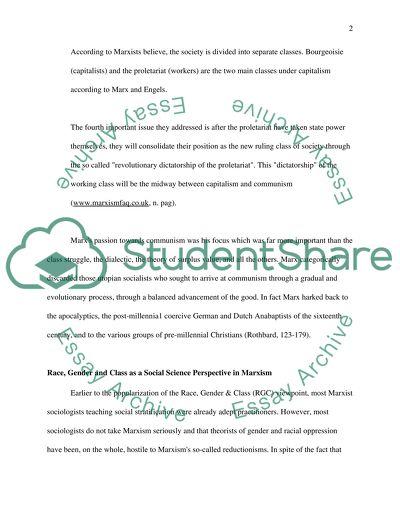Cite this document
(“Marxism Essay Example | Topics and Well Written Essays - 1250 words”, n.d.)
Marxism Essay Example | Topics and Well Written Essays - 1250 words. Retrieved from https://studentshare.org/miscellaneous/1539706-marxism
Marxism Essay Example | Topics and Well Written Essays - 1250 words. Retrieved from https://studentshare.org/miscellaneous/1539706-marxism
(Marxism Essay Example | Topics and Well Written Essays - 1250 Words)
Marxism Essay Example | Topics and Well Written Essays - 1250 Words. https://studentshare.org/miscellaneous/1539706-marxism.
Marxism Essay Example | Topics and Well Written Essays - 1250 Words. https://studentshare.org/miscellaneous/1539706-marxism.
“Marxism Essay Example | Topics and Well Written Essays - 1250 Words”, n.d. https://studentshare.org/miscellaneous/1539706-marxism.


